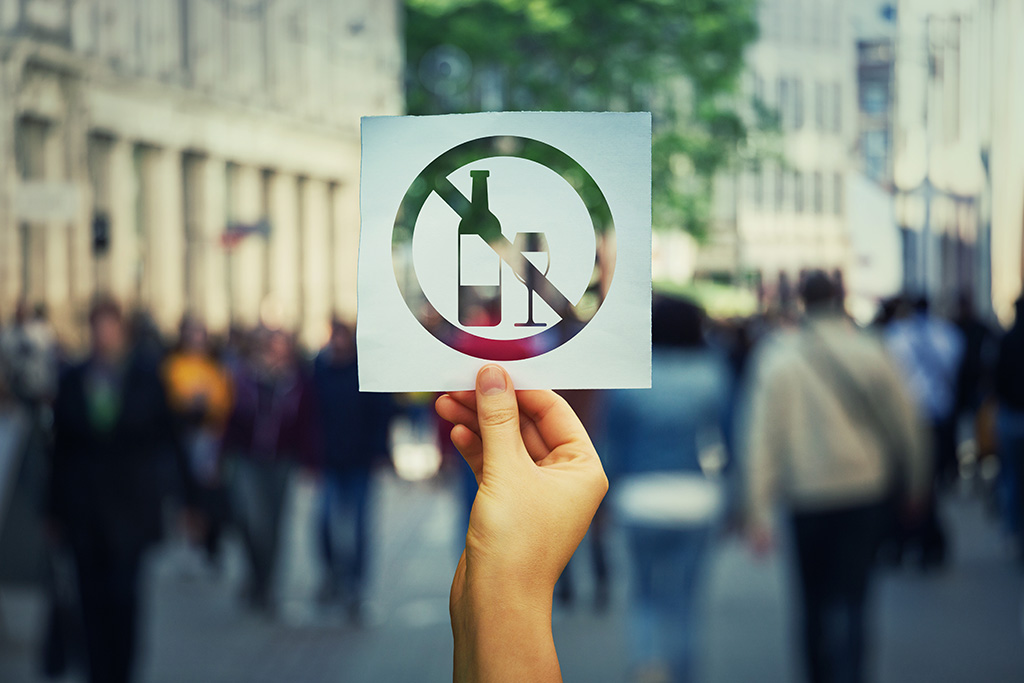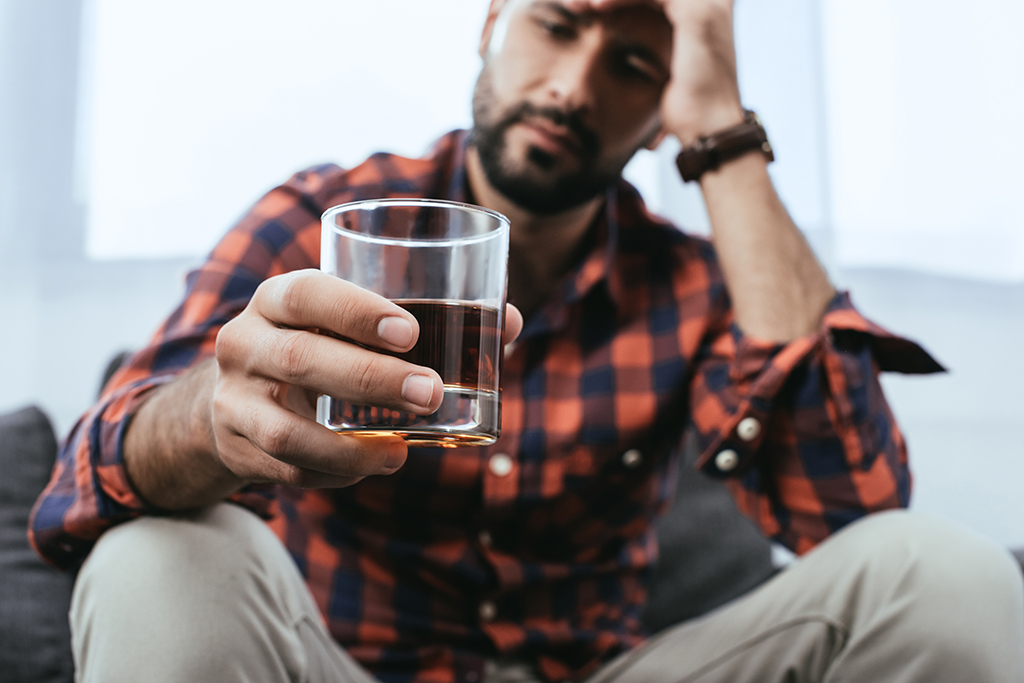Reviewed By:
Have questions about addiction?
Call us at 855-430-9426 to speak with a recovery specialist.
Many people struggle with getting a quality night’s sleep. In fact, 60 million Americans have trouble getting enough shut-eye. Seeking a literal rest from insomnia, it isn’t uncommon for those battling sleep disorders to turn to medications.
When used short-term and only when necessary, prescription and over-the-counter sleeping pills can provide relief, but it’s important to know the side effects — especially when it comes to having a drink. Although a glass of wine might be harmless on its own, mixing sleeping pills and alcohol can prove dangerous. Here’s what you need to know.
Why Is Mixing Sleeping Pills & Alcohol Dangerous?
Mixing sleeping pills and alcohol can produce potentially dangerous interactions, some of which can even be deadly. Both alcohol and sleeping pills depress certain body systems and functions. When taken together, even in small doses, this can cause negative symptoms like confusion, dizziness, and fainting.
Additionally, some sleeping pills come with side effects like memory loss and sleepwalking. When combined with alcohol, the risk of blackout periods increases. Doctors also warn that some prescription sleep aids can become addictive.
Finally, when taken together, it’s possible for sleeping pills and alcohol to be fatal. Most commonly, death occurs because both sleeping pills and alcohol can depress the respiratory system, and the person stops breathing.
How Do Common Sleeping Pills React with Alcohol?
Since the purpose of most sleeping pills is to cause sedation, making it easier to sleep, nearly all of them react negatively with alcohol. All of the following medications may be prescribed to those with sleep disorders. These widely used pills should not be combined with alcohol:
- Ambien (zolpidem tartrate)
- Belsomra (suvorexant)
- Dalmane (flurazepam hydrochloride)
- Desyrel (trazodone)
- Halcion (triazolam)
- Lunesta (eszopiclone)
- Prosom (estazolam)
- Restoril (temazepam)
- Rozerem (ramelteon)
- Silenor (doxepin)
- Sonata (zaleplon)
Many over-the-counter drugs used to treat insomnia also shouldn’t be combined with alcohol. This includes medications specifically for sleep, like ZzzQuil and Unisom, as well as antihistamines (like Benadryl), melatonin, and many herbal supplements.
Have questions about addiction?
Call us at 855-430-9426 to speak with a recovery specialist.
What Are Some More Natural Sleep Remedies?
It is possible to get a better night’s sleep without medication. Avoiding stimulants like caffeine or nicotine a few hours before bed can make a difference. You might also try sticking to the same sleep/wake schedule, which can promote a natural circadian rhythm.
Ensuring your bedroom is quiet and dark may help, as well as engaging in relaxing activities before bedtime. Avoiding late afternoon naps, large meals late in the evening, and nighttime exercise could also positively impact sleep quality.
How to Get Help for Sleeping Pill Addiction
If you struggle with sleeping pills and alcohol or other drugs, life in recovery is possible. A wide range of treatment options are available, including flexible outpatient programs that give you the medical attention and support you need while allowing you to live at home. Personalized treatment programs can also help you address any sleep disorders or other co-occurring mental health issues that may be interfering with sleep.
You’ll have access to a range of supporting treatments, including cognitive behavioral therapy, group meetings, rebound insomnia treatment, and healthy-living education, all of which can help you remain on the road to long-term recovery. Many programs also accept insurance. To start your recovery with Sprout, call us at the number below to speak with one of our intake specialists.
Have questions about addiction?Chat with one of our recovery specialists now.


